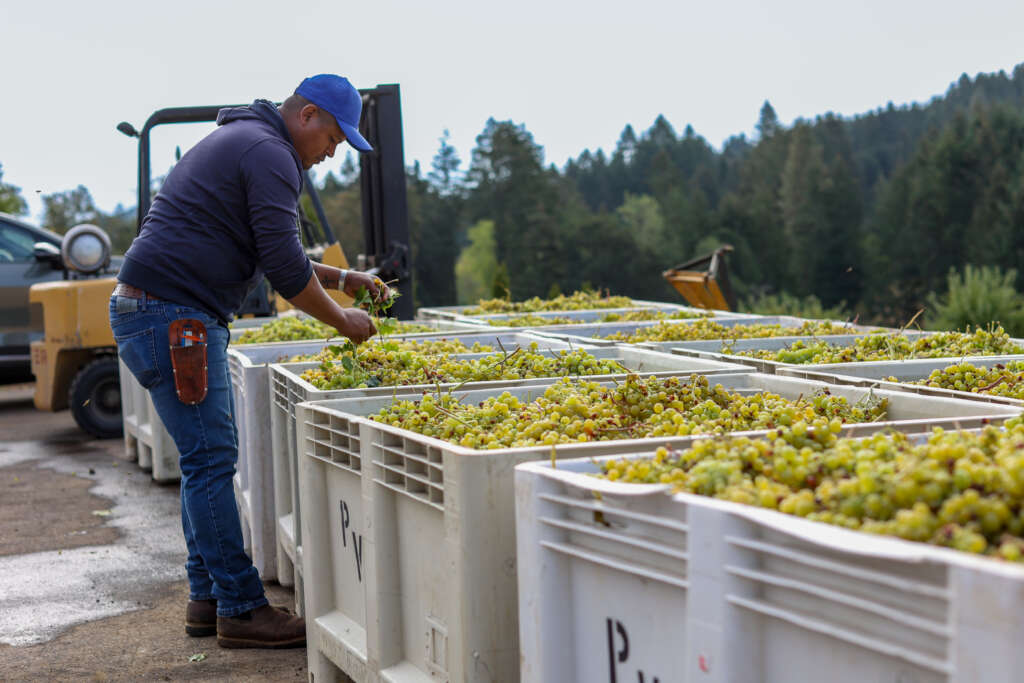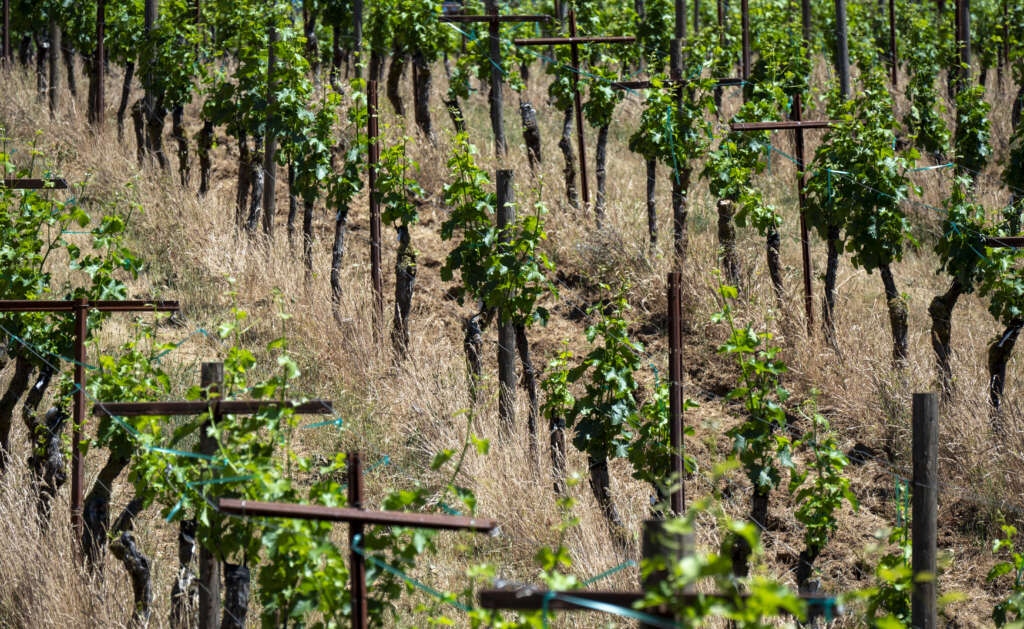After working together as vineyard partners for 30 years, Pfeiffer Vineyards became an official part of the King Estate family in November 2022 when King Estate purchased the vineyard from the retiring owners, Robin and Danuta Pfeiffer. Although Pfeiffer had long been sustainably farmed, Pfeiffer was not officially certified organic or Biodynamic®. Under King Estate’s ownership, that is changing. The timing is auspicious since 2024 marks the 100th anniversary of Biodynamic farming.

The process of converting Pfeiffer Vineyards’ 70 acres of grapes to Biodynamic status began in 2023. While we began using Biodynamic practices from the outset of ownership, we are about midway through the three-year conversion process. The earliest vintage that could be labeled “Biodynamic” is 2025.
The centerpiece of Biodynamic agriculture is the use of nine “preparations” made from wild plants and herbs, minerals and animal manures that are applied to the vineyard through sprays and compost. These preparations are designed to revitalize the soil, stimulate root growth; enhance the development of microorganisms and the formation of humus (the dark organic material in soils produced by the decomposition of vegetable or animal matter); and aid photosynthesis.
King Estate is largest Biodynamic vineyard in North America
Oregon punches above its weight in sustainability. With about 17 vineyards and wineries comprising slightly over 3,000 acres, Oregon is home to almost one-quarter of the certified vineyards in all of the United States. King Estate is by far the largest. In fact, King Estate has the distinction of being the largest Biodynamic vineyard in North America. With the addition of Pfeiffer as yet another Oregon Biodynamic vineyard, Oregon’s place in the world of sustainable agriculture is even stronger.

